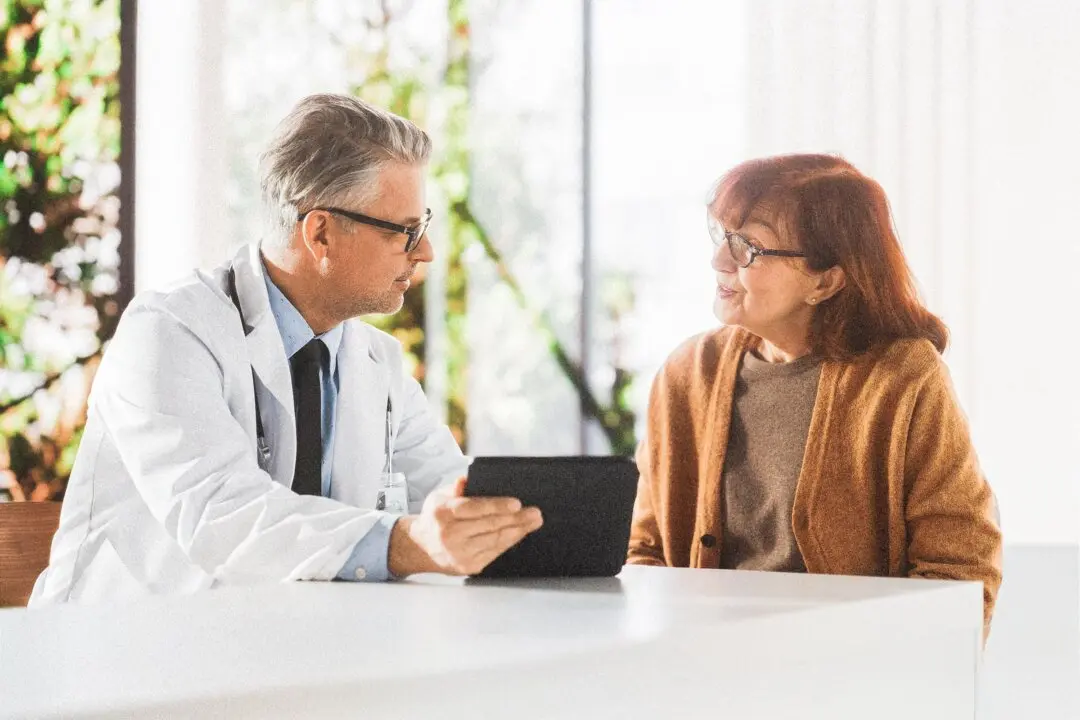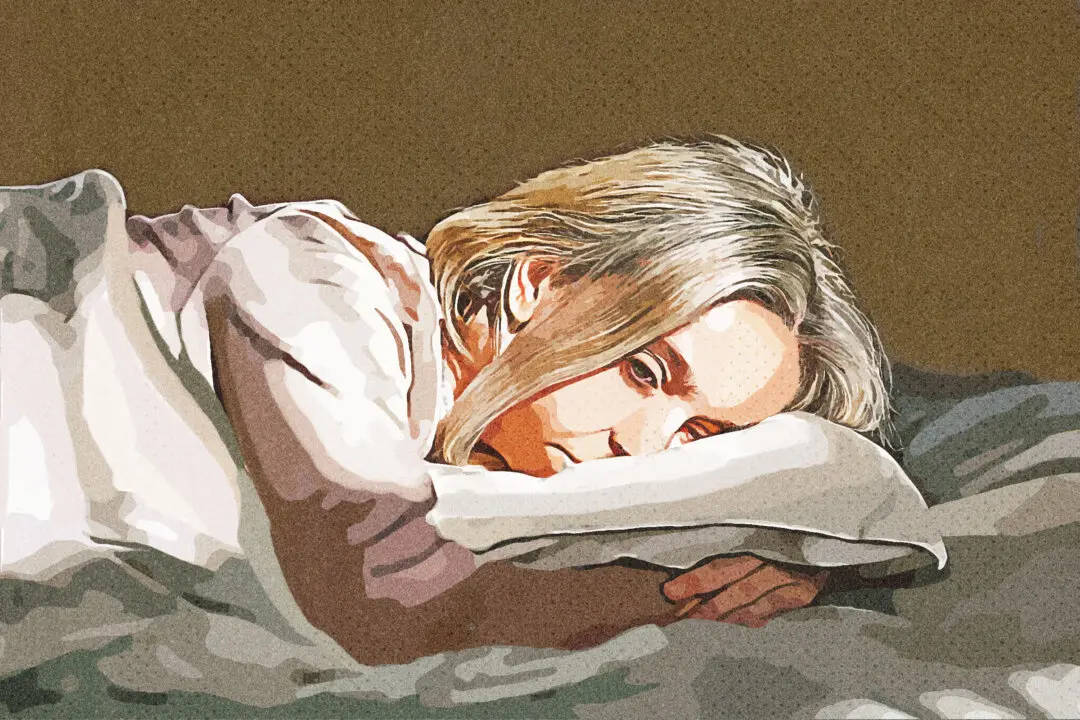Nancy (a pseudonym) is a 30-year-old woman who has had pain in her lower abdomen for three months. It gets worse after she eats something oily or drinks anything cold.
She then has diarrhea for a couple days. Her pain is localized in her left side, and she feels better if she puts pressure or heat on the area. She is easily fatigued and is sensitive to cold. She has bad cramps and heavy menstrual flow. She has trouble falling asleep and staying asleep.
Nancy had such an episode not long ago and was frustrated that no medical investigation could reveal any detectable cause for her symptoms. She began to worry if something more serious was going on but had no way to find out.
Her doctor recommended some medication that might relieve the symptoms, but she wondered if something could be done differently this time because her symptoms always returned when she discontinued her medications.
Balance and Bio Feedback
The human body is a perfectly designed, self-modulating, sustainable system. Feedback is a mechanism that can be found in almost every system of the body. For example, when someone is taking in too much sugar from food, the body will produce insulin to transport sugar from the blood to the cells in order to keep blood sugar at a normal level.
The body is able to self-balance, self-repair, and self-heal when it functions normally. When its functions are challenged, unwanted physical and mental symptoms may occur. So any symptom we experience is a message from our body that something is wrong and that we should pay attention to it.
At this point, the worst thing that anyone can do is to give medications to relieve the symptoms without addressing the underlying issues. It is equivalent to silencing the whistleblower and masking a bad situation.
Most well-trained doctors do not do that, but others unfortunately still do. The doctor who tried to investigate the cause of Nancy’s symptoms still ended up prescribing medications that just relieved the symptoms. He did so because he did not find any signs of inflammation, infection, cancer, or other detectable cause of the symptoms.
If he had found inflammation, he would have prescribed antibiotics. If he had found a cancer, he would have suggested surgery or chemotherapy. The problem is that he did not address the causes of the possible infection or cancer but focused only on how to deal with the symptoms. He did not get the message!
Underlying Causes
What are Nancy’s symptoms trying to tell us? As my discussion with her continued, the answer surfaced.
First, she has ignored how much stress she has been under in the last five years. She left China to go to graduate school in the Midwest and has moved three times to different cities. She entered a law school on the East Coast and after three months of intensive study following graduation, she took the bar exam.
This prevented her from having adequate sleep, regular meals, and exercise. She was constantly worried about the outcome of the exam. Two weeks earlier, she had started her first job at a law firm, which was a blessing and a stressor at the same time. On top of all that, she was grieving the loss of a long-time friend.
Secondly, Nancy’s diet has affected her negatively. She enjoys a couple of cold drinks with her meals or at parties and frequently eats hot, spicy Sichuan or Korean food. She loves red meat and is allergic to seafood. Her dining hours are very irregular.
Modern medical science has recognized that stress can cause imbalance in neurotransmitters, pro-inflammation cytokines, and hormones. The diet that Nancy is eating is also known to increase inflammation.
From the Chinese medicine perspective, cold food and drinks congeal energy channels and blood vessels, thus causing pain and dysfunction. Grief and sadness weaken the normal energy of the lungs and large intestines. Anger and resentment cause energy and blood blockage in the channels of the liver and gallbladder, which causes insomnia, indigestion, mood swings, dysmenorrhea, and pain.
We got the message. Nancy agreed to receive a course of acupuncture treatments to unblock the energy channels in her large intestines, lungs, liver, and gallbladder and to have moxibustion treatments, which involve burning an herbal stick on selected acupuncture points to warm up the cold energy that produces blockages.
I recommended a couple of Chinese herbal remedies to increase energy in the affected meridians and reduce the cold and damp energies in her stomach and intestines. I advised Nancy to talk to a therapist who specializes in relationships to improve her coping skills.
She agreed to participate in meditation and qigong practices to improve her body’s self-healing capacities and relax herself mentally and physically. I suggested that for the present, she eat only steamed vegetables and rice porridge with a couple of herbal ingredients.
She also agreed to refrain from any cold drinks, alcohol, and red meat. She is trying to rearrange her schedule so she can have meals in a more regular fashion.
Treat symptoms as your friends, not your enemies. Do not silence them or kill them. They are trying to give you important messages. We should respect them and listen to them. We then can make changes in our lifestyles, treat the root causes of problems, and live longer, healthier, and happier lives.
Dr. Yang is a board-certified psychiatrist and is a fourth-generation doctor of Chinese medicine. His website is TaoInstitute.com.






